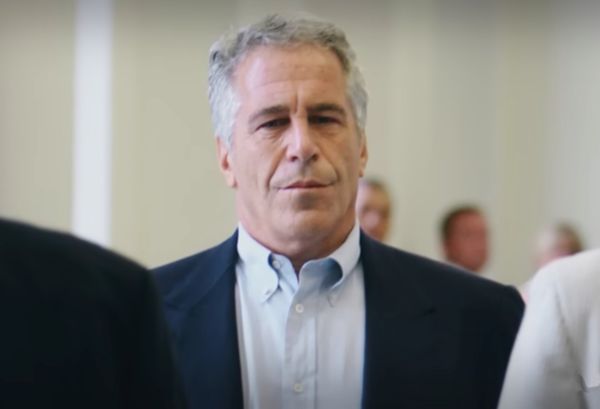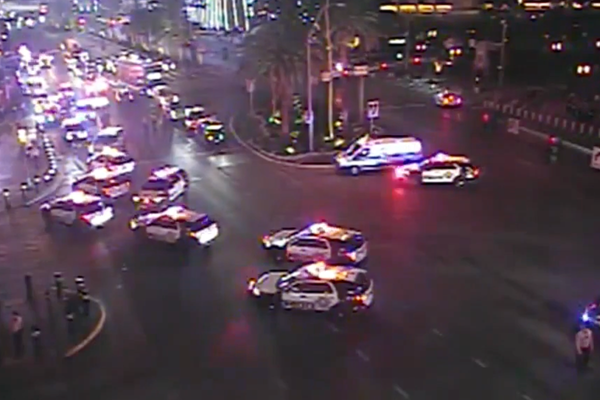
A leaked internal review commissioned by Amnesty International is said to have concluded there were significant shortcomings in a controversial report prepared by the rights group that accused Ukraine of illegally endangering citizens by placing armed forces in civilian areas.
The report, issued last August, prompted widespread anger in Ukraine, leading to an apology from Amnesty and a promise of a review by external experts of what went wrong. Among those who condemned the report was Ukraine’s president, Volodymyr Zelenskiy, who accused Amnesty of “shift[ing] the responsibility from the aggressor to the victim”.
Leaked to the New York Times, that unpublished review has concluded that the report was “written in language that was ambiguous, imprecise and in some respects legally questionable”, according to the newspaper.
In particular, the report’s authors were criticised for language that appeared to suggest “many or most of the civilian victims of the war died as a result of Ukraine’s decision to locate its forces in the vicinity of civilians” at a time when Russian forces were deliberately targeting civilians.
“This is particularly the case with the opening paragraphs, which could be read as implying – even though this was not AI’s intention – that, on a systemic or general level, Ukrainian forces were primarily or equally to blame for the death of civilians resulting from attacks by Russia.”
In the immediate aftermath of publication, the initial report was seized on by Russia, including the embassy in London, to claim that Ukrainian tactics were a “violation of international humanitarian law” at a time when Russian forces were being accused of serious war crimes.
The paper added, however, that sources had told it that Amnesty’s board had sat on the 18-page review for months amid suggestions there had been pressure to water down its conclusions.
At the centre of the controversy was Amnesty’s claim that by housing military personnel in civilian buildings and launching attacks from civilian areas, Ukraine had been in breach of international law on the protection of civilians.
The expert review was conducted by five experts including Emanuela-Chiara Gillard of the University of Oxford; Kevin Jon Heller of the University of Copenhagen; Eric Talbot Jensen of Brigham Young University; Marko Milanovic of the University of Reading; and Marco Sassòli of the University of Geneva.
Experts questioned whether the authors of the original report had correctly interpreted international law regarding Ukraine as a victim of aggression and whether there was evidence that Ukraine had put civilians in “harm’s way”.
The leaked report also disclosed that there had been significant unease within Amnesty before publication, not least over the issue of whether the government of Ukraine had been sufficiently engaged with.
“These reservations should have led to greater reflection and pause” before the organisation issued its statement, the review added.
Oksana Pokalchuk, the former head of Amnesty’s Ukraine office, who resigned over the report, said she believed the review should be made public as well as a promised internal review of relations inside the organisation on how decisions were made around the report.
“I want justice to be done and to be seen done,” she told the Guardian. “One of the things that was very important to me at the time was that we should be in communication with the Ukrainian government, formally or informally, to get information from them. This wasn’t done, and it caused a lot of damage.
“What I have also not seen so far in the reporting of this review is any discussion of the larger context of the war and how this report played in favour of Russian propaganda. We need to talk about who is the aggressor and who is the victim of this war.”
An Amnesty International spokesperson said: “Amnesty commissioned a panel of external experts in the field of international humanitarian law to conduct an independent review of the legal analysis in our 4 August press release.
“Amnesty staff reviewed a first draft of the panel’s report, and their comments were taken into account in the final version, to the extent the legal panel itself deemed appropriate.
“This is part of an ongoing internal learning process, and we welcome the full findings which will inform and improve our future work.”







